Macky Sall’s Second, Last Chance
- Par Kimeng Hilton
- 28 Mar 2019 14:49
- 0 Likes
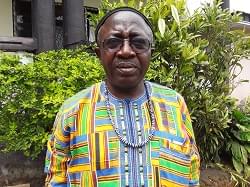
Prof. Emmanuel Yenshu Vubo, Political Sociologist, University of Buea.
Senegalese President, Macky Sall will be inaugurated on Tuesday, April 2, 2019 for his second and last tenure following his win of the February 24, 2019 first round vote. As Sall looks set to consolidate the gains of the first tenure, Senegal is also about to see the emergence of a new political class. In the following interview, Prof. Emmanuel Yenshu Vubo, Dean of the Faculty of Social and Management Sciences, University of Buea, revisits the vibrancy of Senegalese politics.
How significant is the recent re-election of Senegalese President Macky Sall?
The first lesson is that Senegal can serve as a lesson to other African countries still striving on the road to democracy. It has proved that an African country can hold regular elections managed by an independent body, and the conduct and outcome acceptable to all. This is a far cry from elections in many nations often marred by rancour and contention. Democracy becomes a way of life when it is institutionalized in its daily practice, beginning with elections. Secondly, the judiciary plays its role as guarantor of public probity. The cases of Karim Wade and Khalifa Sall, the former Mayor of Dakar, were presented as politicization of justice by those who supported them, but the momentum of such accusations did not hold for long. Public figures must learn to keep clean balance sheets to aspire to higher or even the highest office of the state. Thirdly, the elections proved that Abdoulaye Wade had lost grip of the realities on the ground. His call for some sort of disturbances or boycott of the elections did not have the following he wished for. Rather, his influence turned out to be detrimental to his party, which ended up not participating. For him to have tried to obstruct the nation’s political life for the son’s sake and to impose on his party that could have other options, did not go down well. Nepotism and democracy cannot co-habit. Lastly, the elections led to the emergence of new figures on Senegal’s democratic scene. Other elections are very likely going to confirm this trend. The renewal of the political class and alternation/circulation of elite within a political system are signs of the vitality of its democracy. This also contributes to ease tensions from classes, groups and segments that may feel that their opinions do not find political expression. In this case, Senegal has scored a point.
What political class do you see coming up, given that candidates of big opposition parties did not stand in the vote, and Macky Sall is serving his last term?
The colour of the vote is not totally reflective of all shades of political opinion, given that some parties did not stand. The very fact that they did not run does not mean that with a new vote, they may not be represented. Yes, they may be affected because some of their electorate might have voted for and may continue to vote for other political parties. The party in power will evidently consolidate its advantage and continue to enjoy its incumbency. Let us wait and see the outcome of other elections that will surely come mid-mandate. We are still at the beginning of the presidential mandate and many things may change before then. We may have a consolidation of the ruling party with the leadership not altering much by the end of the mandate. New forces are also likely to emerge within the ruling party as well as outside. Macky Sall won, but new leaders also emerged. Ousmane Sonko, for example, is hailed as the revelation of these elections. This is all about the evol...
Cet article complet est réservé aux abonnés
Déjà abonné ? Identifiez-vous >
Accédez en illimité à Cameroon Tribune Digital à partir de 26250 FCFA
Je M'abonne1 minute suffit pour vous abonner à Cameroon Tribune Digital !
- Votre numéro spécial cameroon-tribune en version numérique
- Des encarts
- Des appels d'offres exclusives
- D'avant-première (accès 24h avant la publication)
- Des éditions consultables sur tous supports (smartphone, tablettes, PC)






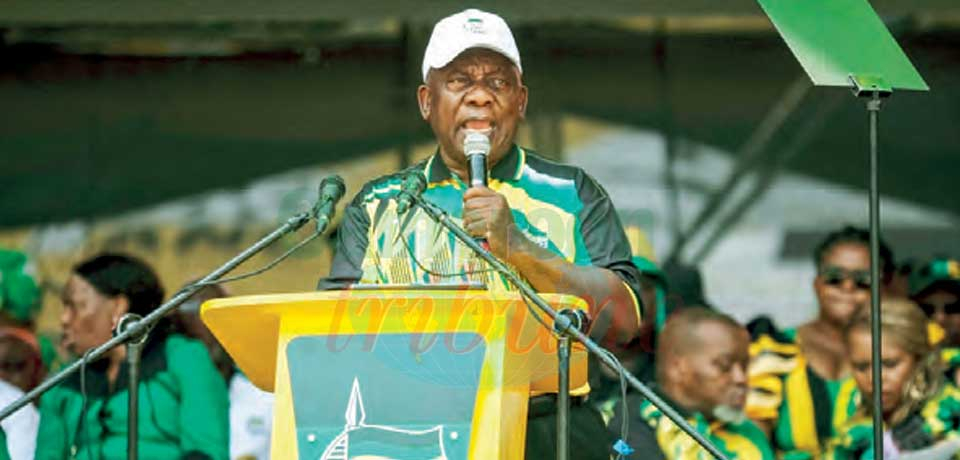
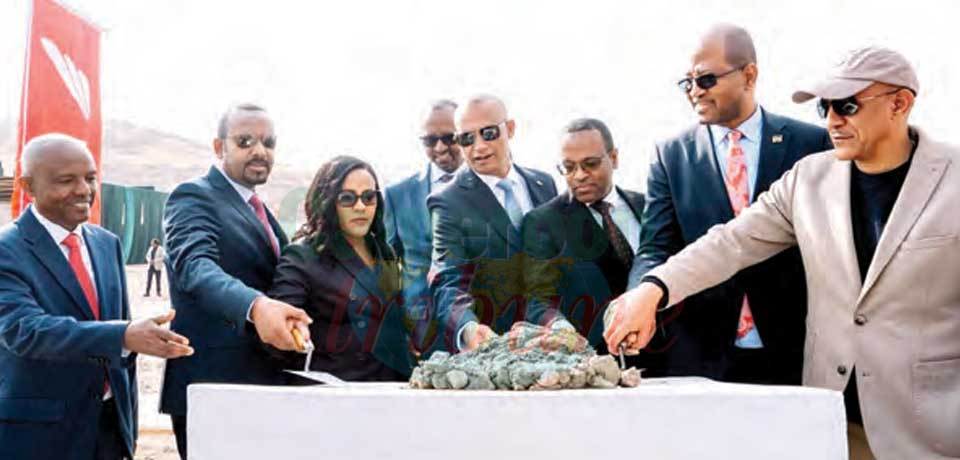
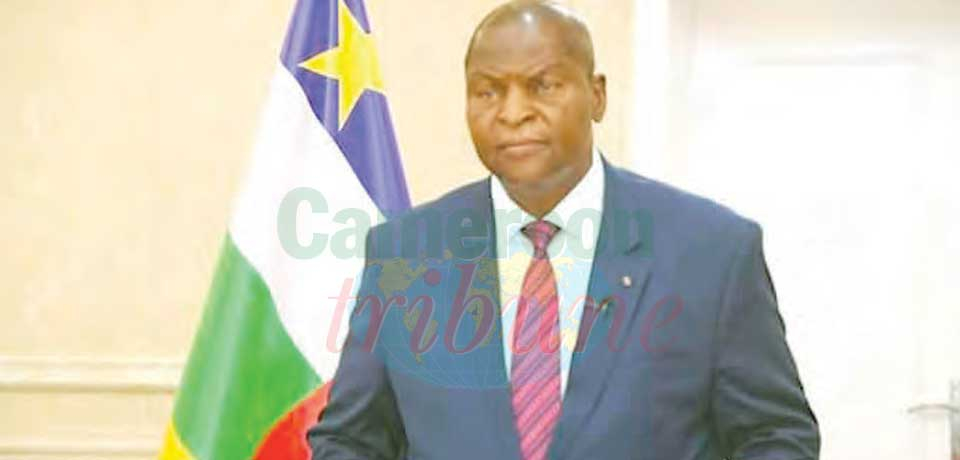
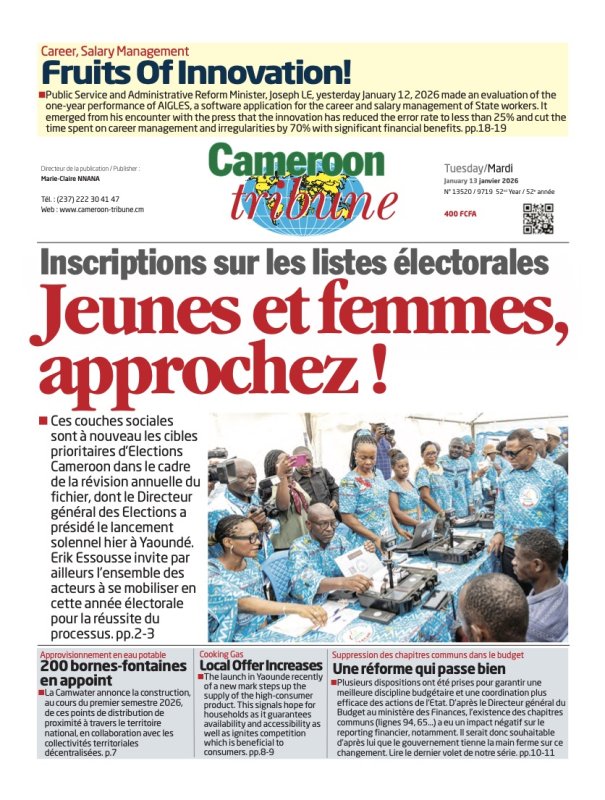




Commentaires